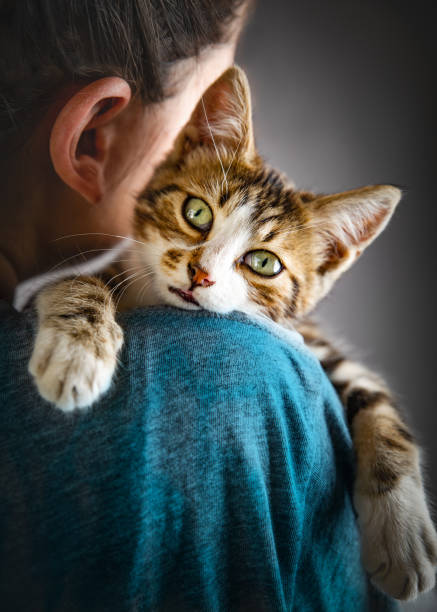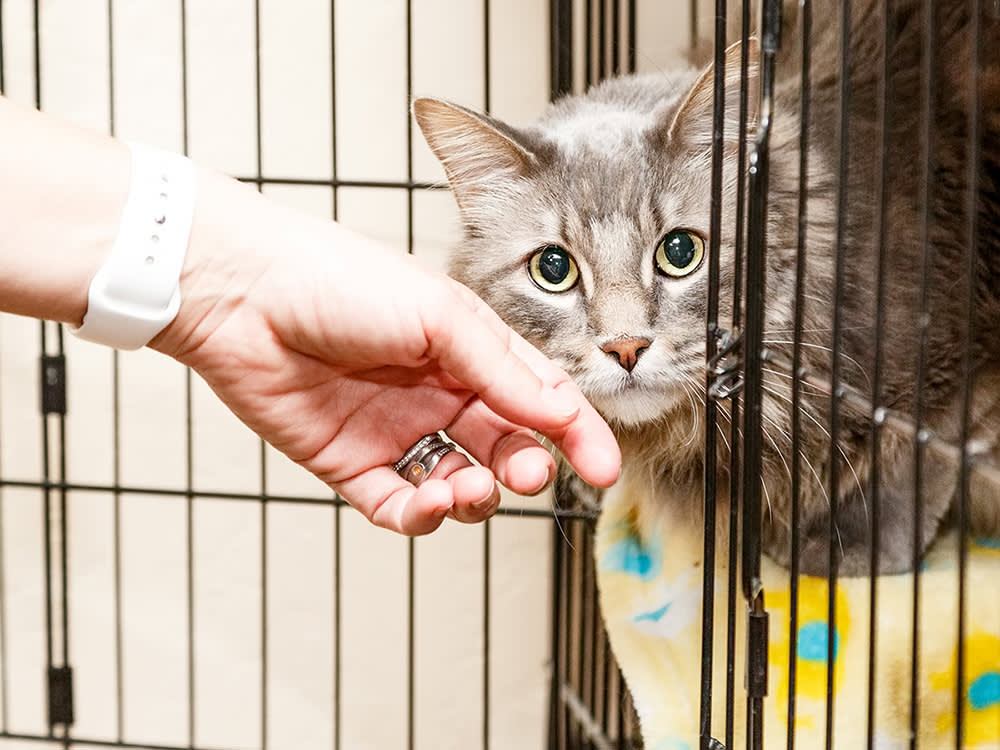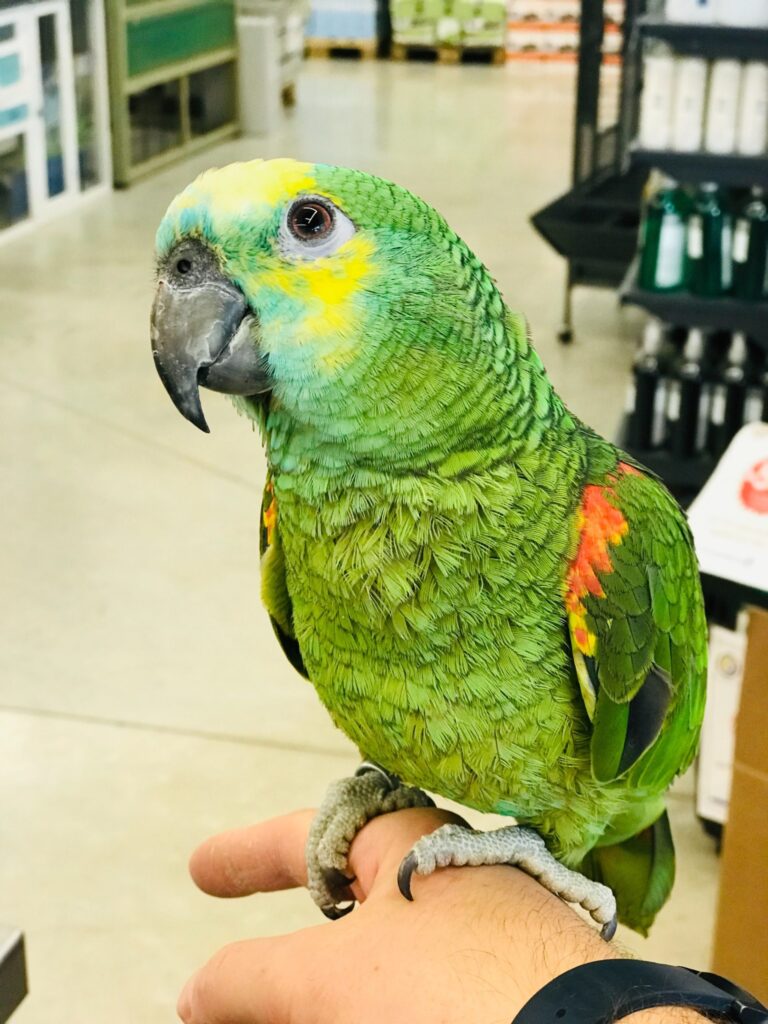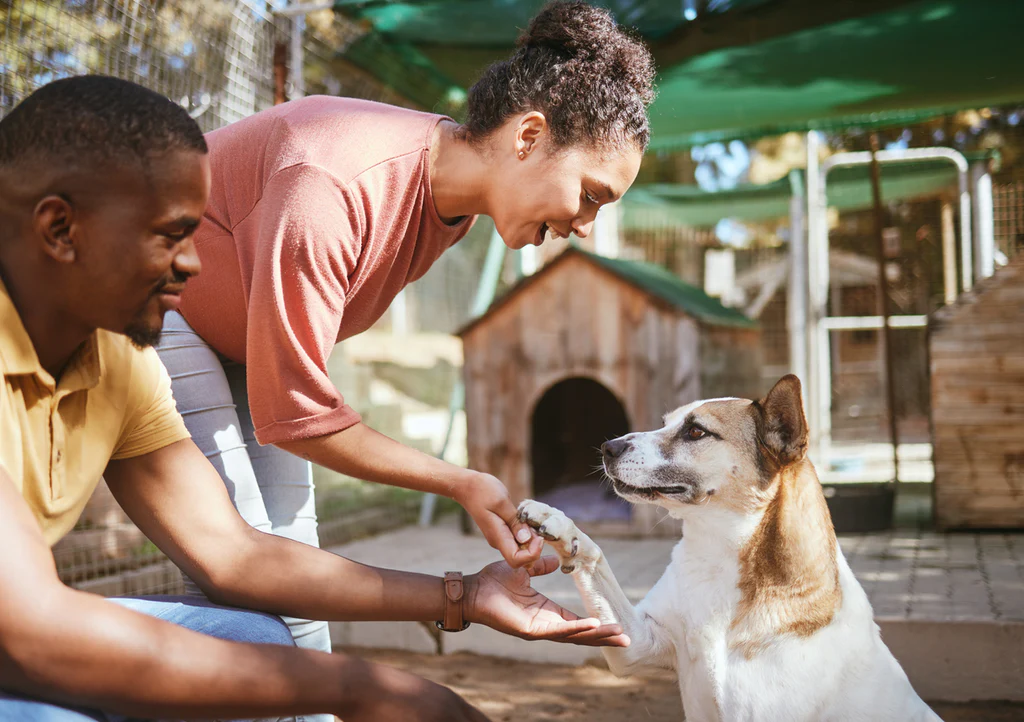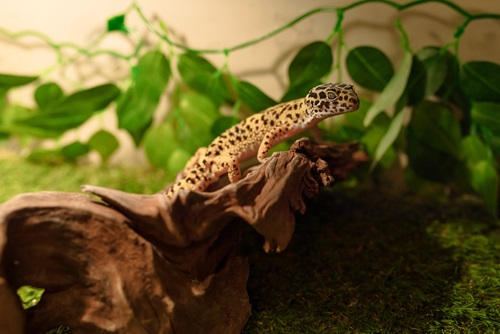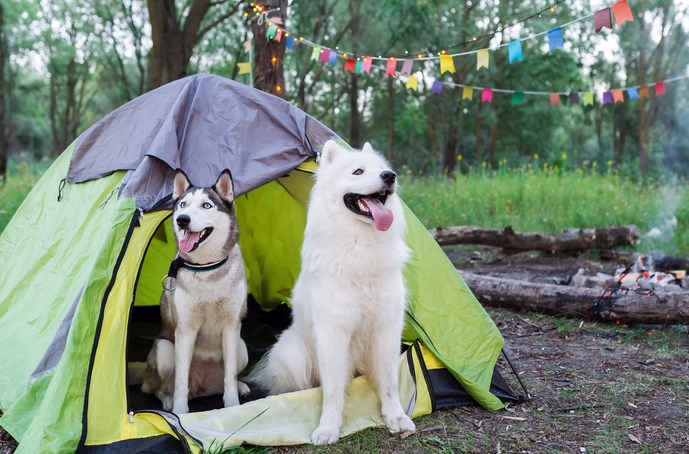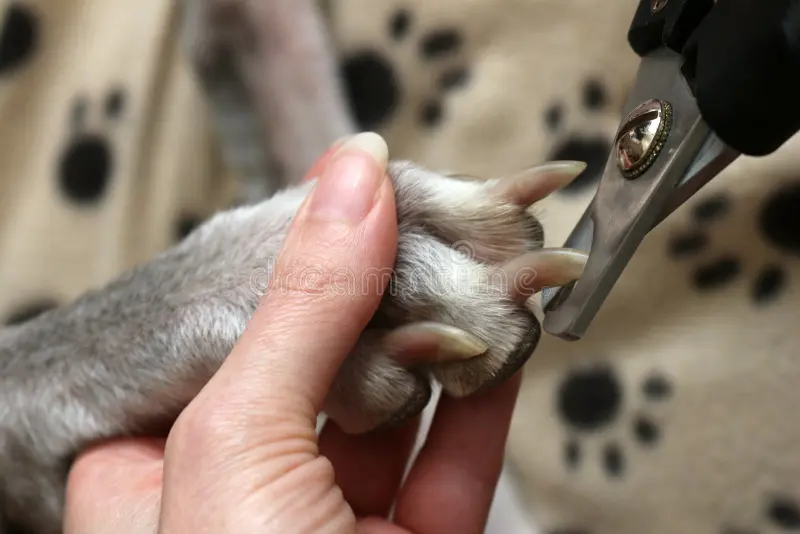Choosing the Right Pet – 5 Helpful Tips

Choosing the right pet is a big decision that can bring immense joy and fulfillment to your life. However, it is essential to consider your lifestyle and personality when selecting the perfect companion.
In this article, we’ll explore 5 tips for choosing the right pet that aligns with your lifestyle and personality, ensuring a harmonious and happy relationship.
Understand Your Lifestyle and Personality
Assess Your Lifestyle
Before bringing a pet into your home, take some time to assess your lifestyle. Consider factors such as your work schedule, activity level, living situation, and travel habits.
Understanding your day-to-day routine will help you in choosing the right pet that fits seamlessly into your life. Your lifestyle will also determine if a Senior Pet is a best fit.
Identify Your Personality Traits
Just as each pet has its own unique personality, so do potential pet owners. Are you outgoing and adventurous, or do you prefer quiet evenings at home?
Understanding your personality traits will help you determine the type of pet that will best complement your lifestyle and ease the process of choosing the right pet.
Factors to Consider When Choosing a Pet
Energy Level
One of the most important factors to consider when choosing a pet is its energy level. Are you an active individual who enjoys long walks and outdoor adventures? If so, a high-energy dog breed like a Labrador Retriever or Border Collie may be the perfect match.
Alternatively, if you prefer a more laid-back lifestyle, a low-energy cat breed like a Ragdoll or Persian may be more suitable.
Space Requirements
Consider the amount of space you have available in your home. Larger breeds of dogs, such as Great Danes or Mastiffs, may not be well-suited for small apartments or homes with limited outdoor space. Similarly, some small animal species, like rabbits or ferrets, require ample room to roam and play.
Time Commitment
Pets require time and attention to thrive, so it’s essential to consider your availability. Dogs, in particular, need daily exercise, training, and socialization.
Cats, on the other hand, are more independent but still require regular interaction and enrichment.
Be honest with yourself about the time you can dedicate to caring for a pet before making a decision.
Allergies and Health Considerations
If you have allergies or existing health conditions, it’s crucial to choose a pet that won’t exacerbate these issues.
Some dog breeds, such as Poodles and Bichon Frises, are considered hypoallergenic and produce fewer allergens.
Additionally, consider the potential health risks associated with certain breeds, such as brachycephalic breeds like Bulldogs or Pugs, which may be prone to respiratory issues.
Matching Your Lifestyle and Personality with a Pet
Dog Breeds and Personalities
When choosing a dog breed, consider characteristics such as size, temperament, and activity level.
Sporting breeds like Retrievers and Spaniels are known for their high energy and love of outdoor activities, while toy breeds like Chihuahuas and Shih Tzus are better suited for apartment living.
Cat Breeds and Temperaments
Cats come in a wide variety of breeds, each with its own unique personality traits. Some breeds, like Siamese and Bengals, are known for their outgoing and vocal nature, while others, like Persians and Ragdolls, are more laid-back and affectionate.
Consider your preferences for personality and grooming requirements when choosing a cat breed.
Other Pets and Exotic Animals
If you’re considering a non-traditional pet, such as a bird, reptile, or small mammal, research the specific care requirements and compatibility with your lifestyle.
Exotic pets often have specialized needs and may require more time, attention, and resources than traditional pets like dogs and cats.
Researching and Meeting Potential Pets
Visiting Shelters and Rescues
Shelters and rescue organizations are excellent places to find a pet in need of a loving home. Visit local shelters and rescues to meet potential pets, ask questions, and learn about their backgrounds and personalities.
shelters also offer adoption events and foster programs where you can temporarily care for a pet before making a long-term commitment.
Meeting Breeders and Pet Sellers
If you’re considering a specific breed or have unique requirements for your pet, research reputable breeders or pet sellers in your area.
Schedule visits to meet the animals in person, ask about health screenings and genetic testing, and ensure that the animals are raised in a clean and caring environment.
Making the Final Decision
Gut Instincts
Ultimately, choosing the right pet is a personal decision that should feel right for you and your family.
Trust your instincts when meeting potential pets and consider factors such as your emotional connection, compatibility, and the pet’s behavior and demeanor. Your gut Instincts can play a major role in choosing the right Pet.
Consider Adoption vs. Buying
While there are benefits to both adoption and purchasing from a breeder, consider the ethical implications and impact on animal welfare.
Adoption gives a second chance to animals in need and helps reduce overpopulation, while purchasing from a breeder supports responsible breeding practices and ensures breed standards.
Conclusion On Choosing the Right Pet
Choosing the right pet for your lifestyle and personality is a rewarding process that requires careful consideration and research.
By understanding your own needs and preferences and taking the time to meet and connect with potential pets, you can find a companion that brings joy, love, and companionship to your life for years to come.














